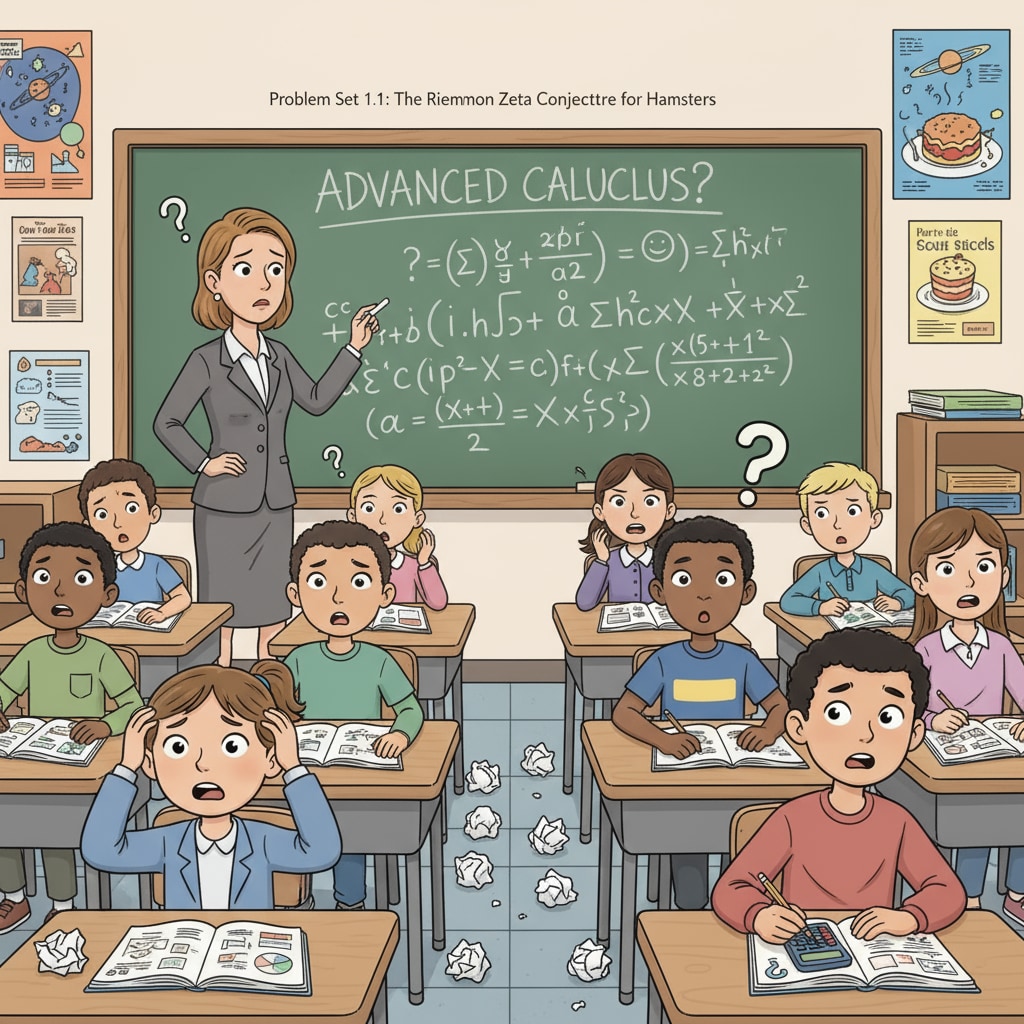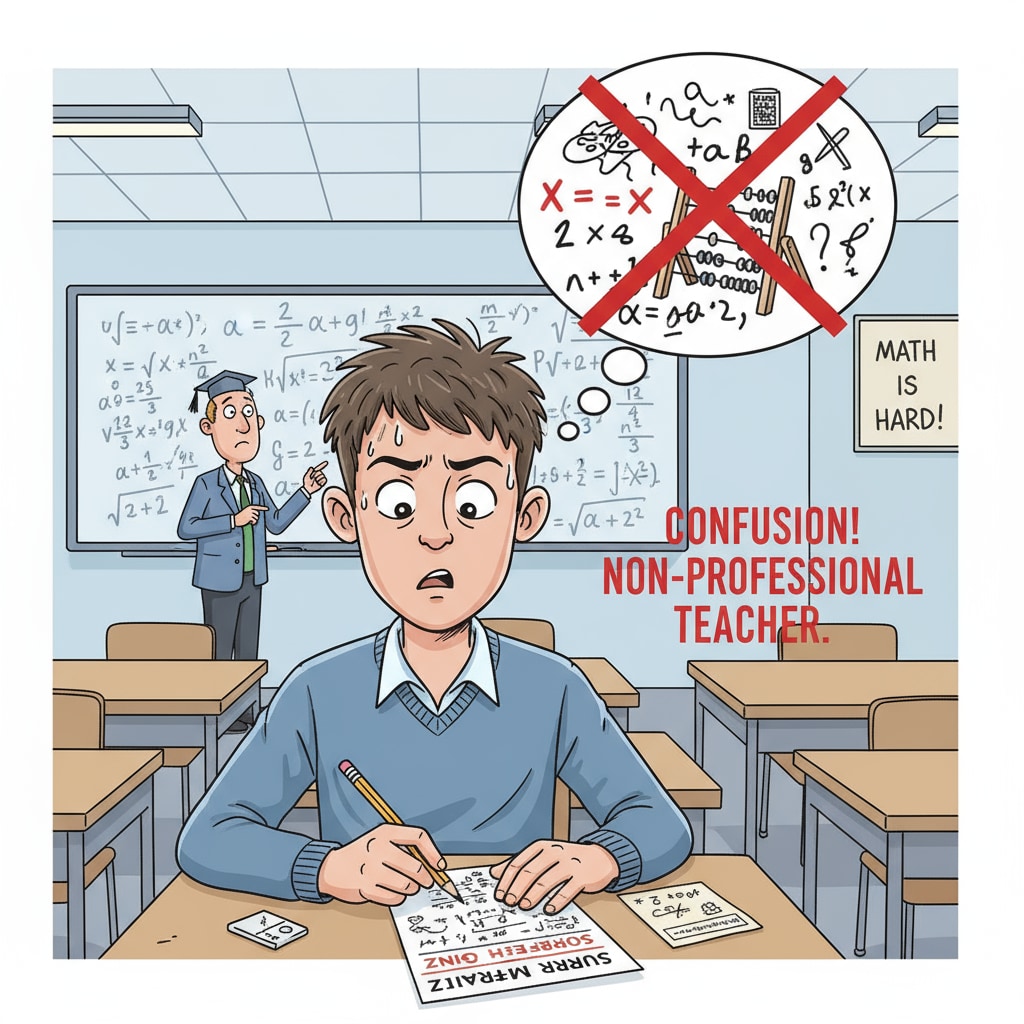Math teachers, non-professional teaching, and teaching quality are intertwined aspects that significantly impact the learning experience of students, especially in the K12 education system. In high school STEM classes, the presence of non-professional background math teachers has led to various teaching quality issues that need to be addressed.

The Problem of Surprise Quizzes
One of the common issues is the use of surprise quizzes by non-professional math teachers. These quizzes often come without proper warning, leaving students feeling anxious and ill-prepared. For example, a non-professional teacher might give a quiz on a topic that was only briefly covered in class, not realizing the importance of thorough preparation for students. This lack of planning reflects a deficiency in professional teaching skills. According to Effective Assessment Strategies on TeachThought, proper assessment should be carefully designed to accurately gauge students’ understanding.

Insufficient Problem-Solving Time
Another concern is the insufficient problem-solving time provided during class. Non-professional teachers may not have a good grasp of the time needed for students to fully understand and solve math problems. As a result, students are rushed through exercises, preventing them from truly mastering the concepts. For instance, in a complex algebra problem, students need time to think through the steps and apply the appropriate formulas. A professional teacher would allocate sufficient time for this process, but non-professional counterparts might not. As stated on Teaching Strategies to Improve Student Learning on NEA, allowing enough time for problem-solving is crucial for effective learning.
The root cause of these problems lies in the lack of professional素养 (professional qualities) among non-professional math teachers. They may not have received the proper training in teaching methods, curriculum design, or understanding of students’ learning needs. This lack of expertise directly affects the quality of teaching.
To improve K12 math teaching quality, several measures can be taken. Firstly, schools should ensure that math teachers have the appropriate professional background and training. This includes a solid foundation in mathematics as well as teaching certifications. Secondly, continuous professional development programs should be provided to enhance teachers’ skills. Finally, student feedback should be actively sought to identify areas for improvement.
Readability guidance: By using short paragraphs and lists, we can better summarize key points. Each H2 section provides a clear focus, and by controlling the proportion of passive voice and long sentences, the article remains easy to read. Transition words like “for example”, “as a result”, and “firstly” help to connect ideas smoothly.


